Towards Predictive and Operando Computational Catalysis – Examples from Transition-Metal Chemistry
- Speaker:
-
Time:
09:00 - 09:30
-
Abstract
Maren Podewitz
TU Wien
Computational chemistry has evolved from the study of catalysts as single structure, simplified model complexes in the gas phase to the study of full-fledged (homogeneous) transition-metal catalysts in more realistic (implicit) environments. While the importance of the conformational diversity of such species is well recognized, we are still a long way from describing transition metal catalysts under experimental, so-called operando conditions, and the predictive power of current calculations is still limited. While the development of accurate, cost-effective electronic structure methods is an integral part of achieving predictability, other factors, such as the improvement of the chemical model towards an operando model, are often given less attention.
We will present examples from transition-metal catalysis where we will show how the development of tailored multiscale models to generate conformations in explicit solvent, to address microsolvation, and to incorporate dynamic effects are milestones towards operando models and improve the accuracy and reliability of calculated reaction mechanisms. Finally, we will discuss how explainable supervised and unsupervised machine learning can be used to extract chemical information from large datasets of reaction trajectories and how we envision the future of the field.

